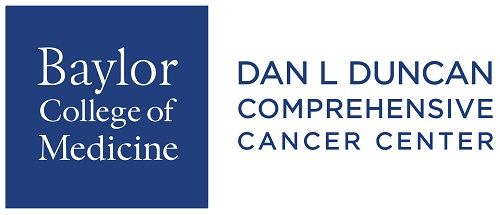
Dr. Pollyea on Improving Outcomes With Induction Chemotherapy in AML

Daniel Pollyea, MD, MS, discusses improving induction outcomes for newly diagnosed patients with acute myeloid leukemia.
Daniel Pollyea, MD, MS, associate professor of medicine/hematology and the clinical director of Leukemia Services at the University of Colorado School of Medicine, discusses improving induction outcomes for newly diagnosed patients with acute myeloid leukemia (AML).
Traditionally, the course of action for younger patients with newly diagnosed AML has been to induce a remission with intensive induction chemotherapy, or the 7 + 3 regimen, according to Pollyea. One way this strategy can be improved, however, is to combine it with the CD33-targeted antibody gemtuzumab ozogamicin (Mylotarg) for those with good-risk disease features, Pollyea explains. Data from a meta-analysis show that the addition of the novel agent to induction chemotherapy has yielded improvements in overall survival, Pollyea notes.
Additionally, for patients with FLT3 mutations, adding the FLT3 inhibitor midostaurin (Rydapt) to induction chemotherapy can improve survival in this population as well, Pollyea adds. Based on the biology of the patients, these are 2 strategies to enhance the benefit of induction chemotherapy in this population, Pollyea concludes.




































